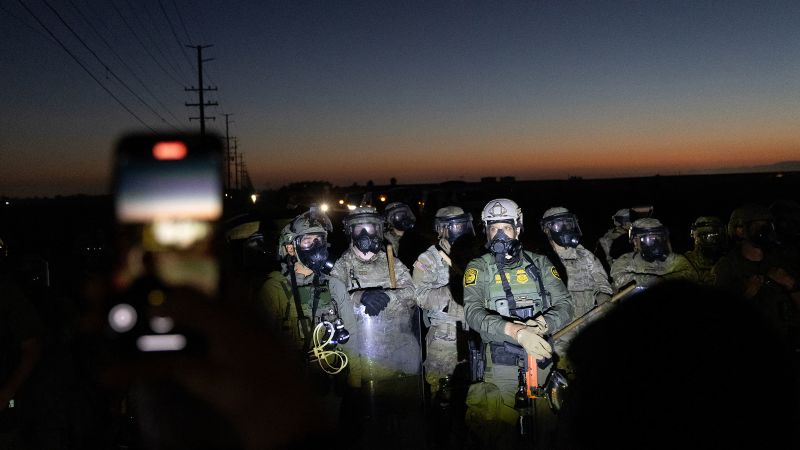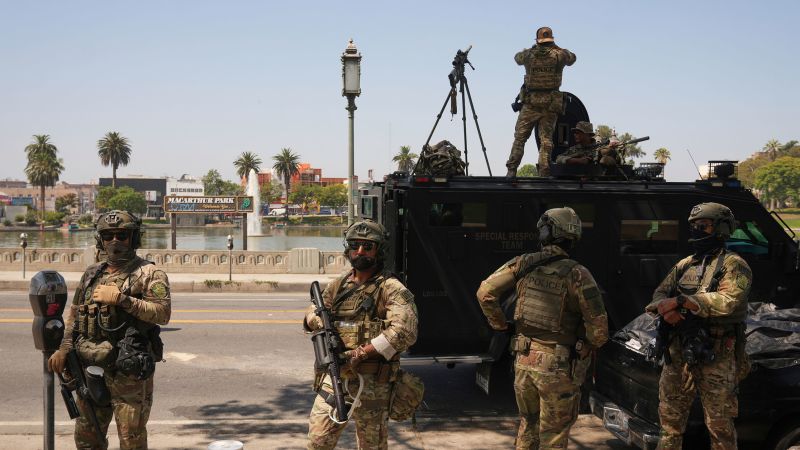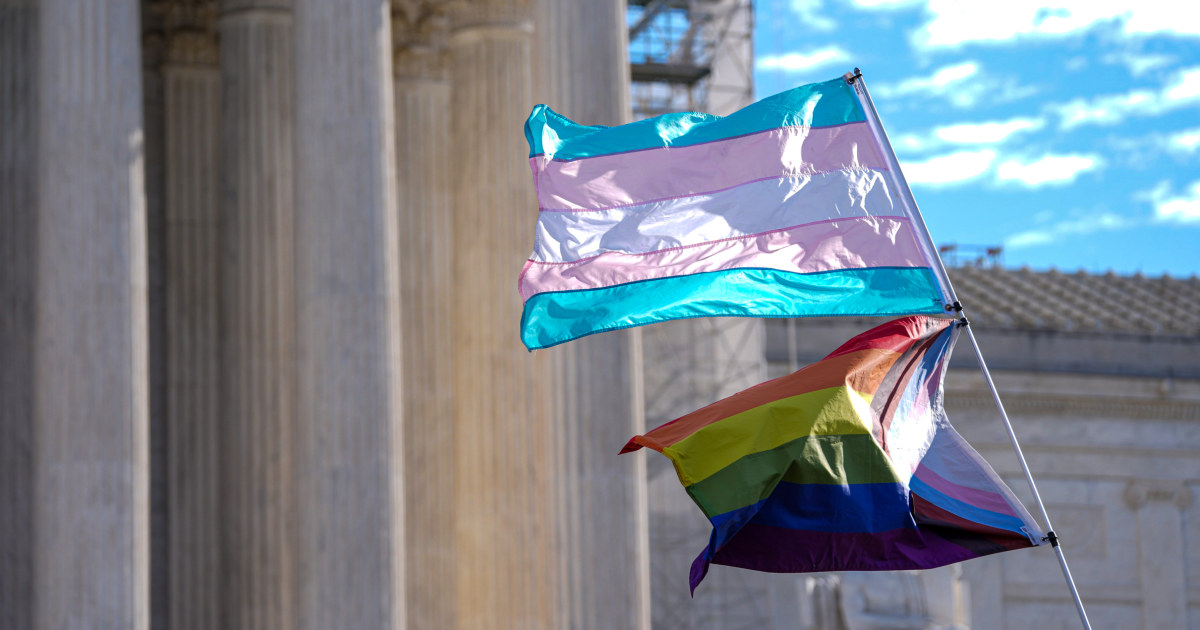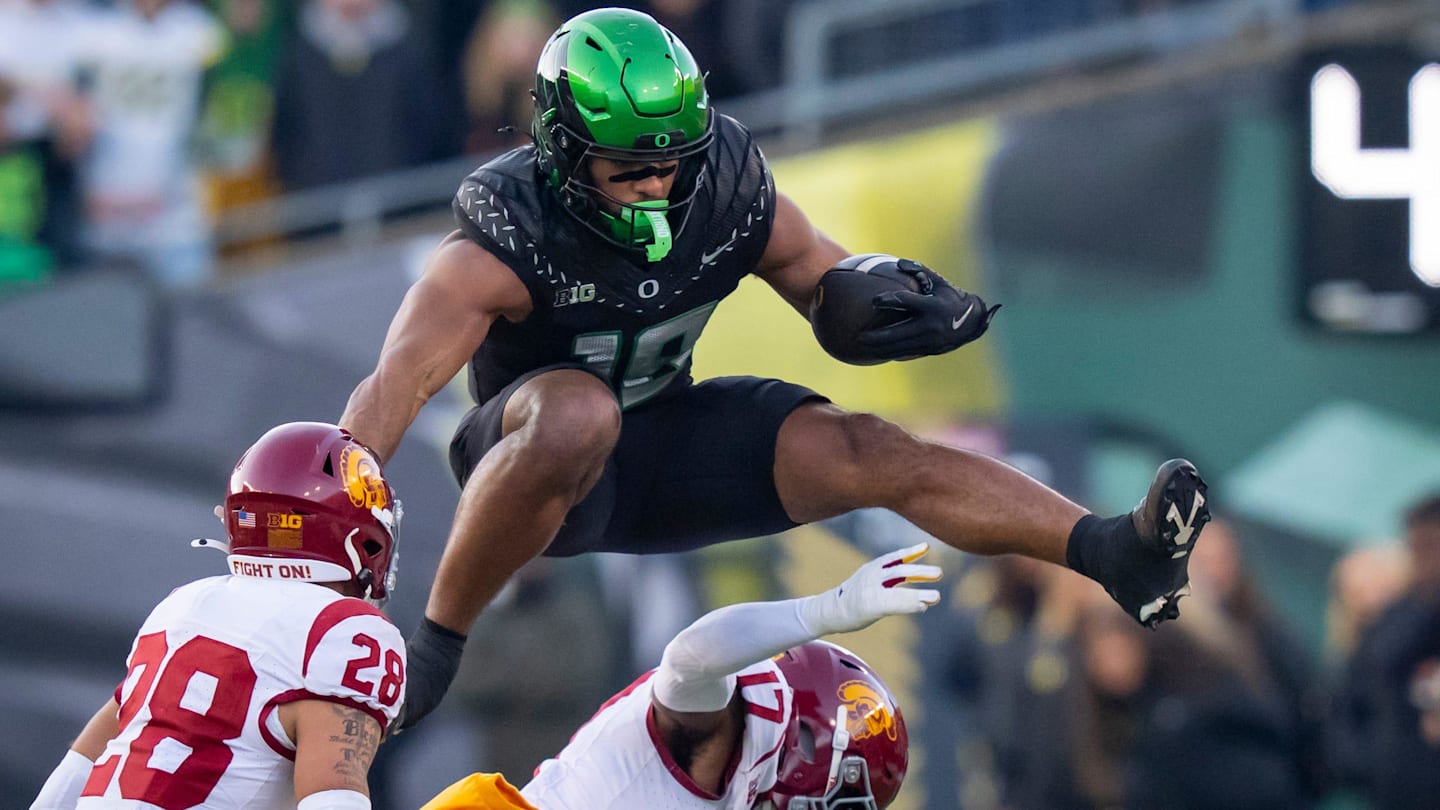Transgender Athletes Face Discrimination in Sports
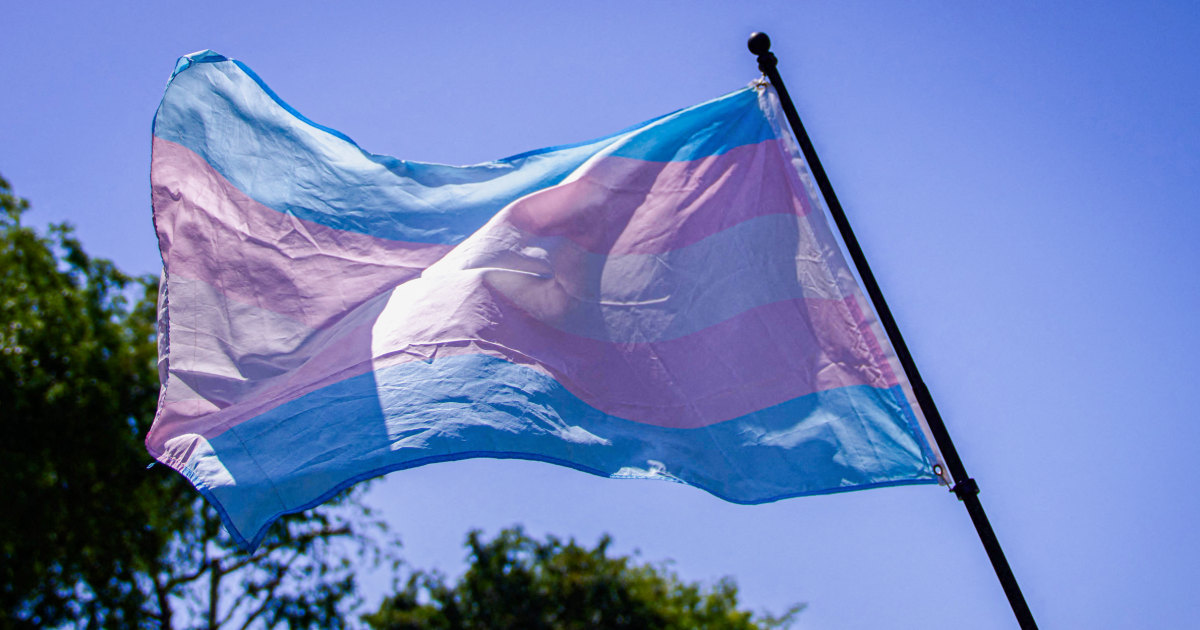
Introduction
The U.S. Olympic and Paralympic Committee has recently updated its policies, announcing that it will comply with President Donald Trump's executive order to ban transgender women from competing in women's sports. This decision has sparked controversy and raised concerns about the rights of transgender athletes in sports.
Key Details
In response to the executive order, the U.S. Olympic and Paralympic Committee has stated that they will follow the guidelines set by the International Olympic Committee, which require athletes to compete in the gender they were assigned at birth.
This decision has been met with criticism from LGBTQ+ advocates and transgender athletes, who argue that the ban goes against the spirit of inclusivity and equality in sports. They believe that transgender women should have the right to compete in women's sports, as long as they have completed at least one year of hormone therapy.
Impact
This ban on transgender women in women's sports not only affects athletes, but it also has broader implications for the transgender community. It sends a message that their gender identity is not valid and that they are not welcome in certain spaces. It also sets a dangerous precedent for other transgender rights and could have a ripple effect on other areas of society.
Furthermore, this decision goes against the growing trend of inclusivity and diversity in sports, as more organizations and institutions have been working towards
About the Organizations Mentioned
U.S. Olympic and Paralympic Committee
The **U.S. Olympic & Paralympic Committee (USOPC)**, founded in 1894 and based in Colorado Springs, Colorado, is the official National Olympic and Paralympic Committee for the United States. It is responsible for training, funding, and entering U.S. teams in the Olympic, Paralympic, Youth Olympic, Pan American, and Parapan American Games, as well as advancing the Olympic Movement nationwide[1][8]. The USOPC originated from the American Olympic Committee formed by U.S. members of the International Olympic Committee in 1894 to organize American participation in the inaugural modern Olympic Games in Athens in 1896. It formally became the American Olympic Association in 1921 and went through several name changes, becoming the United States Olympic Committee (USOC) in 1961 and adopting its current name in 2019 to reflect its Paralympic responsibilities[2][3]. Key legislative milestones include the 1950 federal charter allowing it to solicit tax-deductible donations and the 1978 Amateur Sports Act (later renamed the Ted Stevens Olympic and Amateur Sports Act), which designated the USOPC as the coordinating body for all Olympic-related athletic activities in the U.S., including Paralympic sports. This act also tasked it with promoting public fitness and supporting athlete development programs[2][3][6]. The USOPC provides comprehensive support to elite athletes, including funding, health insurance, tuition grants, career services, and access to the Olympic Training Centers, which offer advanced sports medicine, nutrition, psychology, and performance technology services. It also manages the U.S. bidding process to host Olympic and Paralympic Games and the selection procedures for U.S. teams[1][8]. Notable achievements include fostering America’s Olympic excellence through innovative athlete support programs and spearheading a $500 million fundraising campaign, “One For All: The Campaign for Team USA,” ahead of the 2028 Los Angele
International Olympic Committee
The **International Olympic Committee (IOC)** is the supreme authority overseeing the modern Olympic Movement, responsible for organizing the Summer and Winter Olympic Games as well as the Youth Olympic Games. Founded on June 23, 1894, by Pierre de Coubertin and Demetrios Vikelas during the Olympic Congress in Paris, the IOC’s mission is to promote international unity and cooperation through sport. The first modern Summer Olympics took place in Athens in 1896, followed by the inaugural Winter Olympics in Chamonix in 1924, establishing a global tradition of athletic competition every four years[1][2][5][6]. Headquartered in Lausanne, Switzerland, the IOC operates as a not-for-profit independent international organization. It acts as a catalyst within the Olympic family, coordinating with National Olympic Committees, International Federations, athletes, organizing committees, sponsors, broadcast partners, and global institutions like the United Nations. This collaborative network enables the IOC to ensure the consistent delivery of the Olympic Games and promote Olympic values worldwide[4]. A key achievement of the IOC is transforming the Olympic Games into a major international event that fosters cultural exchange and global cooperation. Since 1992, the Winter and Summer Games have been staggered to improve organizational and financial balance. The IOC has also integrated environmental sustainability as a core pillar since 1995, recognizing its responsibility to protect host communities and ensure the long-term viability of the Games[1]. Technologically, the IOC has embraced innovations in broadcasting and anti-doping measures, partnering with agencies like the International Testing Agency (ITA) to uphold fair play. The IOC continuously evolves its programs, including supporting the first African-hosted Youth Olympic Games in Dakar 2026, which symbolizes its commitment to inclusivity and global development[4]. Today, the IOC comprises 105 active and 45 honorary members, operating as one of the most influential international non-governmental organizations, blending sport, culture, and social impact through its global reach an
